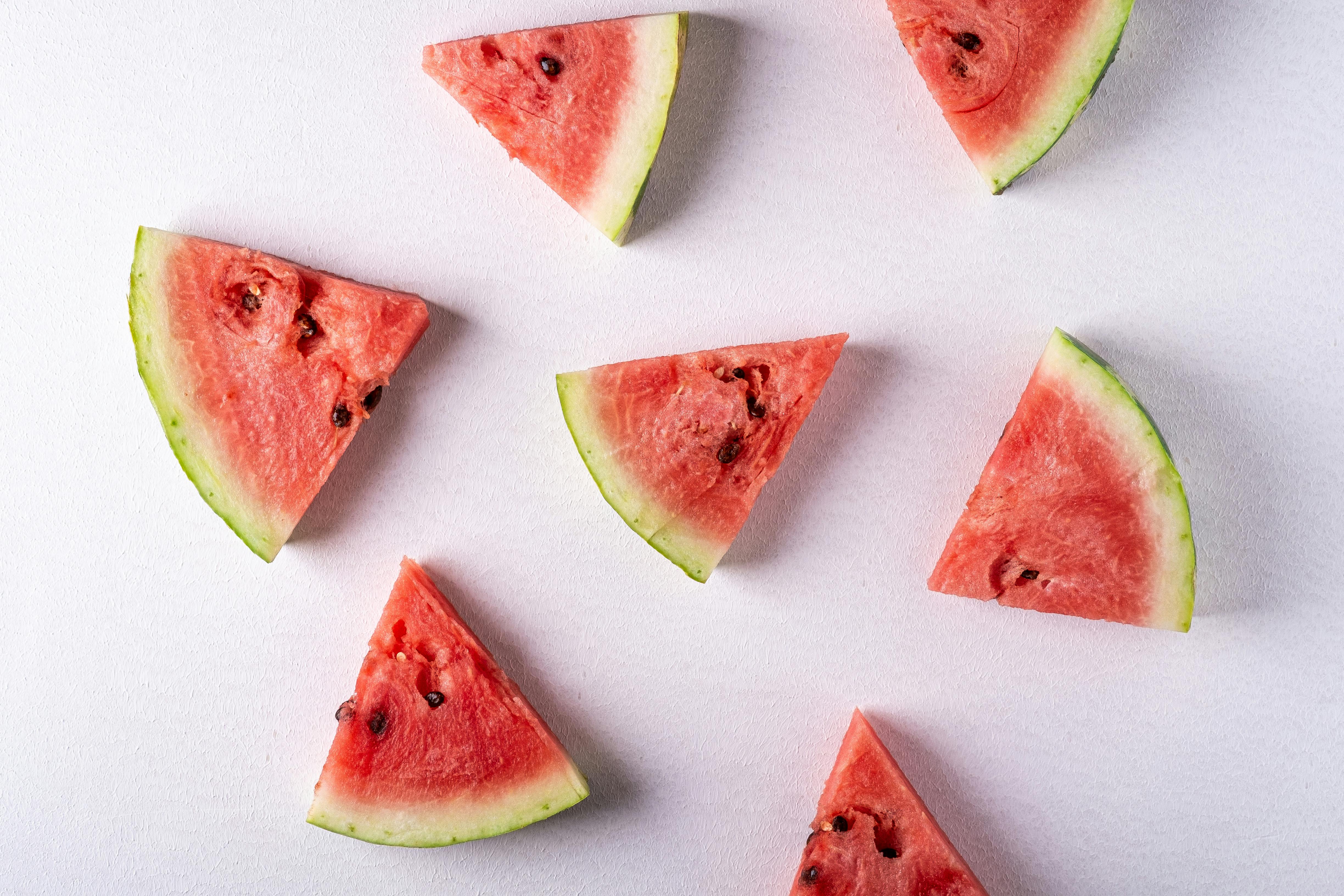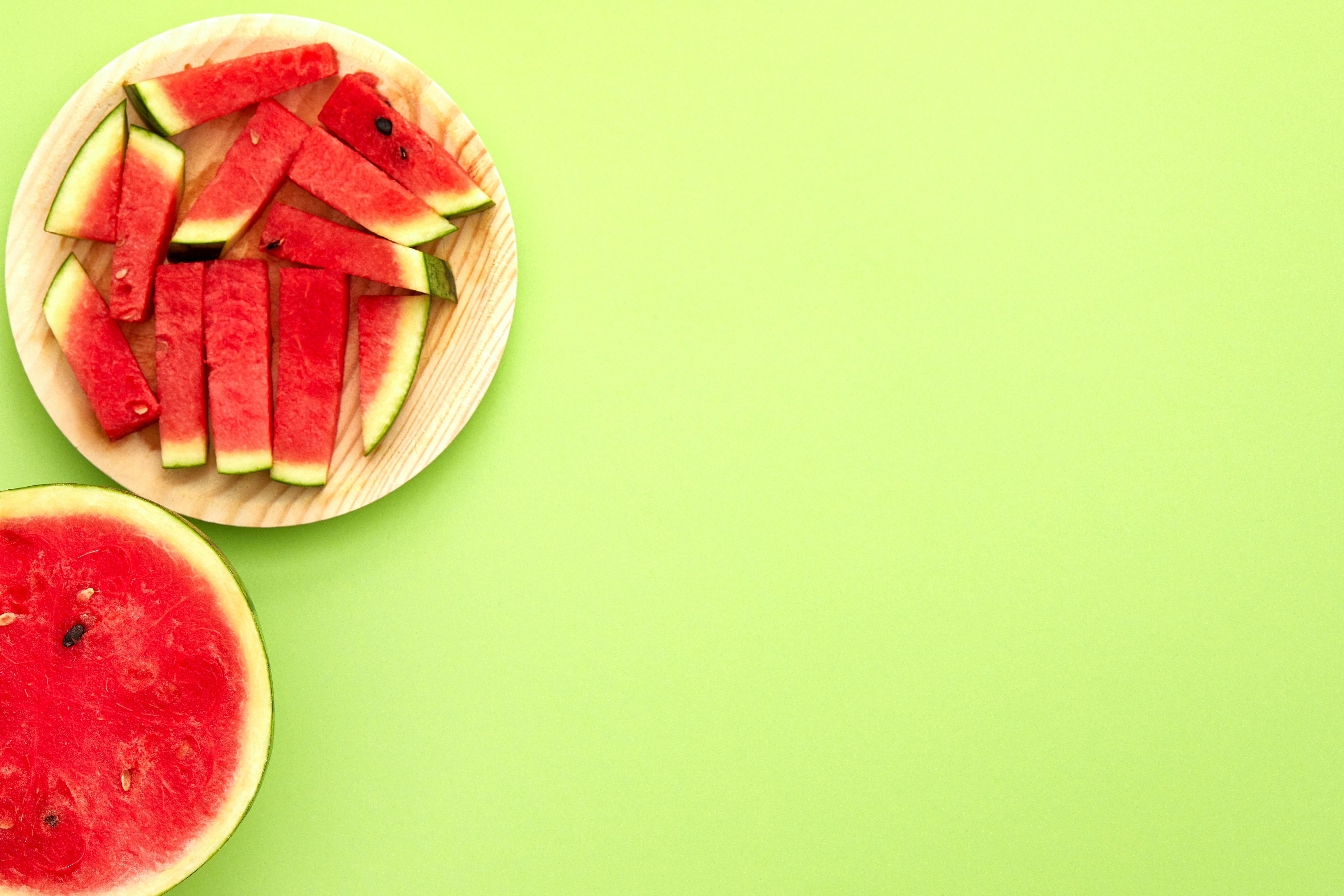Soaking watermelon seeds before planting can be a great way to ensure the healthiest germination of your watermelon plants. By soaking the seeds, you will allow the seeds to absorb moisture and encourage them to start growing. This will also help remove any contaminants that might be on the surface of the seed before planting it in the soil. Soaking watermelon seeds is an easy process and can help you get a better harvest from your watermelon plants.Watermelon seeds are the edible seeds of the watermelon fruit. They are typically oval or teardrop-shaped and have a hard, light-brown outer shell. Inside the shell is a small, white seed that has a crunchy texture and nutty flavor. Watermelon seeds are high in healthy fats, proteins, magnesium and zinc, making them a nutritious snack.
Why Should Watermelon Seeds Be Soaked?
Soaking watermelon seeds is an important step in the germination process when growing watermelons. Although it may seem like a hassle, there are several beneficial reasons why you should soak your seeds before planting them.
Soaking watermelon seeds helps to soften the hard outer coat and can help to speed up germination. It can also help to break down any natural chemical inhibitors that may be on the seed, which will prevent it from germinating. Soaking also helps to remove any bacteria or fungi that may be present on the seed and can help prevent any potential diseases from occurring in your crop.
Soaking watermelon seeds also helps to ensure that they are viable for planting. Many gardeners find that soaking their seeds helps them determine whether or not their seed will actually germinate and grow into a healthy plant. Soaking allows you to easily identify any weak or dead seeds which can then be discarded before planting.
Finally, soaking your watermelon seeds can help to increase their nutrient uptake when planted in soil. This is because soaking allows the seed coat to absorb more moisture which then helps the seedling absorb more nutrients from the soil when it starts to grow.
In conclusion, soaking your watermelon seeds is an important step when growing watermelons as it helps with softening the hard outer coat of the seed, breaking down chemical inhibitors, removing bacteria and fungi, identifying viable seeds, and increasing nutrient uptake for better growth.
What Happens When Watermelon Seeds Are Soaked?
Soaking watermelon seeds has a variety of benefits, including improving their nutritional value and making them easier to digest. When soaked, the hard outer coating of the seed softens and becomes more porous, making it easier for the nutrients contained within to be released. The process also helps to reduce the phytic acid content of the seed, which can interfere with digestion. Soaking watermelon seeds also helps to reduce their natural bitterness, making them more palatable.
The soaking process also helps to activate enzymes in the seed that can help with its digestion and absorption of nutrients. As the seed is soaked, it begins to germinate and produce enzymes that help break down carbohydrates, proteins, and fats. This makes it easier for these essential nutrients to be absorbed by your body when you eat them.
Soaking watermelon seeds can also make them more palatable by reducing their natural bitterness. The soaking process helps to break down compounds that make the seed taste bitter, resulting in a sweeter flavor when eaten raw or cooked.
In addition to improving their taste and nutrition, soaking watermelon seeds can also help preserve their freshness for longer periods of time. The water-soluble compounds released during soaking can act as a natural preservative and help keep the seed from spoiling quickly.
Overall, soaking watermelon seeds has a number of benefits that make them easier to digest and more nutritious when eaten raw or cooked. Not only does it improve their taste but it also preserves their freshness so they can be enjoyed for longer periods of time.
Soaking Watermelon Seeds Before Planting
Soaking watermelon seeds before planting is a great way to ensure successful germination and strong seedling growth. Soaking the seeds in water helps to break down the hard outer shell and encourages the seed to sprout faster. It also helps to flush out any harmful bacteria or fungi that may be living on the seed coat. The recommended soaking time for watermelon seeds is 8-12 hours. During this time, you should change out the water every few hours to keep it fresh and reduce the chances of bacterial buildup. After soaking, you should plant the seeds right away in moist soil, as they will begin to lose their viability if left sitting in water for too long.
Soaking is not essential for successful germination, but it can certainly help boost your success rate and give your seedlings a head start. If you are short on time, you can try a shorter soak of 4-6 hours instead. However, keep in mind that this may not be enough time to break down the hard outer shell of some of your watermelon seeds, so you may still struggle with germination rates if you don’t soak them long enough. Additionally, some varieties of watermelon may require longer soaking times than others, so be sure to check with your local nursery or gardening center for more specific guidelines.
The bottom line is that soaking your watermelon seeds before planting is one way to help ensure successful germination and strong seedling growth. While it isn’t essential, it can certainly give your seedlings a head start and increase your chances of success in growing healthy plants. For best results, soak your seeds for 8-12 hours before planting them in moist soil right away
Benefits of Soaking Watermelon Seeds
Soaking watermelon seeds has many benefits. First, it helps to make the seeds softer and easier to digest. This is especially important for those who have digestive issues or difficulty chewing and swallowing hard foods. Additionally, soaking watermelon seeds can help to reduce the level of phytic acid, which inhibits mineral absorption in the body. This can help to ensure that you are getting all of the nutrients from the watermelon seeds that you eat.
Another benefit of soaking watermelon seeds is that it increases their nutritional value. Soaking helps to release enzymes and other nutrients like vitamins and minerals, which can improve your overall health and wellness. Furthermore, by soaking watermelon seeds you can make them more palatable and easier to eat as part of a meal or snack.
Finally, soaking watermelon seeds can also help to reduce gas and bloating after eating them. This is because it helps break down some of the indigestible carbohydrates in the seed coatings. Therefore, if you often experience discomfort after eating watermelon seeds, consider soaking them first before consuming them.
In summary, there are several benefits associated with soaking watermelon seeds before eating them. It makes them softer, releases more nutrients from the seed coatings, reduces phytic acid levels for better mineral absorption, reduces gas and bloating after eating them, and makes them more palatable as part of a meal or snack.

Soaking Watermelon Seeds Before Planting
Soaking watermelon seeds before planting is a beneficial practice that can improve germination and increase the health of the seedlings. When watermelon seeds are soaked in water for a period of time, they absorb moisture and begin to swell, which helps them to break through their hard coat and begin to sprout. Soaking also helps to reduce the presence of pathogens on the seed, such as bacteria, fungi, and insects, that can cause diseases in the plants. Additionally, soaking watermelon seeds before planting increases the speed of germination and encourages more consistent results.
By following a few simple steps, it’s easy to soak watermelon seeds before planting. First, fill a bowl with lukewarm water and submerge the seeds for 12-24 hours. Make sure that there is enough water to cover all of the seeds completely. After that time has passed, strain out any floating or broken seeds as they are likely nonviable. Finally, plant the swollen seeds into moist soil at least one inch deep. Taking these steps will ensure that your watermelon plants have a healthy start in life.
What Are the Drawbacks of Not Soaking Watermelon Seeds?
Soaking watermelon seeds is a common practice for those looking to grow them. It helps improve their germination rate and can also help reduce the time it takes for them to germinate. However, not soaking watermelon seeds can have some drawbacks. For one, the dry seeds may take longer to germinate and may be more prone to disease or other issues as they are more exposed to outside elements if not soaked. Additionally, the lack of hydration from not soaking watermelon seeds can make them less likely to sprout at all due to their inability to absorb enough moisture. This can be especially problematic in hotter climates where the soil is drier and there is less available moisture in the air. Finally, the lack of hydration may lead to smaller plants with fewer flowers or fruit yields than what would have been achieved had they been soaked prior to planting.
Overall, while not soaking watermelon seeds may save a bit of time in the beginning of the growing process, it could lead to issues further down the line that could affect plant growth and yield. For best results, it is recommended that watermelon seeds be soaked prior to planting for optimal germination rate and overall plant health.
Soaking and Planting Watermelon Seeds
Watermelon is a popular summer treat enjoyed by many. Growing watermelons from seed is an easy and satisfying way to make sure you have a steady supply of this delicious fruit. Before planting the seeds, it’s important to properly soak them overnight in warm, wet paper towels. This helps break down the hard outer shell of the seeds and get them ready for planting. Once the soaking is complete, the seeds are ready to be planted in prepared soil.
It’s best to start with light, well-draining soil that has been amended with compost or fertilizer. Before planting, add some mulch or straw on top of the soil to help keep it moist and provide insulation for the young plants. Then create shallow rows about a foot apart and sprinkle some of the soaked watermelon seeds into each row. Cover them lightly with soil and press down gently with your hands to ensure good contact between the seed and soil.
Once planted, give the area a good soaking with a garden hose or watering can. It’s important not to overwater as this can cause root rot or other problems for your watermelon seedlings. Keep an eye on your watermelons during dry periods and water them regularly until they are established enough to survive without supplemental watering from you.
With proper care and patience, you should soon have plenty of healthy watermelon plants that will produce sweet fruit throughout the summer months!

Conclusion
Soaking watermelon seeds before planting can offer a number of benefits to growers. Not only does it help speed up germination, it also helps reduce the risk of fungal infections and improve their nutrition. Additionally, soaking watermelon seeds can increase the amount of available water and oxygen to the seed, helping them grow faster and stronger. Ultimately, whether or not you should soak your watermelon seeds before planting depends on your individual needs and goals as a grower. With careful consideration of all the benefits and potential drawbacks, you can make an informed decision for yourself about this process.
No matter what you decide to do with your watermelon seeds, it’s important to start with high quality seeds from a reputable supplier. This will ensure that your plants are as healthy as possible regardless of whether or not you choose to soak them before planting. With proper care and attention, you will be sure to have a bountiful harvest of delicious watermelons!

